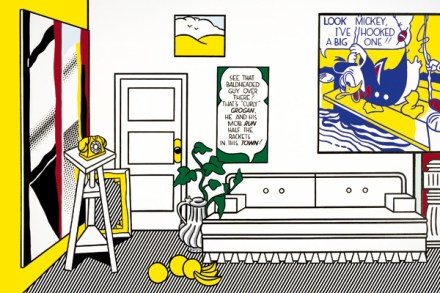The Child’s Child, by Barbara Vine – review
More from Books‘I always know when a novel is going to be a Barbara Vine one,’ Ruth Rendell said to me in 1998. ‘In fact I believe that if I weren’t to write it as Barbara Vine, I wouldn’t be able to write it at all.’ A Barbara Vine — from the first, A Dark-Adapted Eye (1986)




















